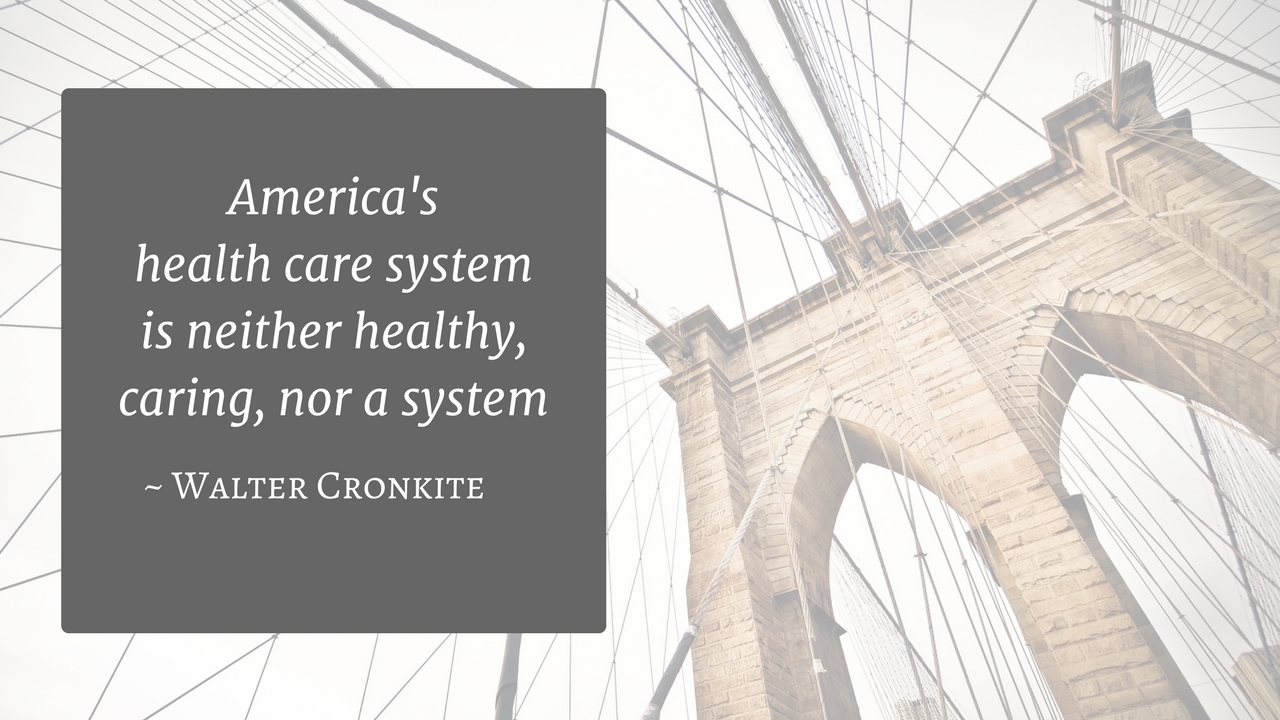In the period leading up to, and in the aftermath of elections, we may find ourselves talking with friends, relatives, or colleagues and disagreeing passionately over principles. In addition to the substantive points we want to make, here are 50 questions we can ask to help make our conversations more interesting and productive:
1. What life experiences have you had that have led you to feel so passionately about this issue?
2. Where do your beliefs come from? Family? Faith? Culture? Work?
3. What do you think your beliefs might be if you had been born into a different family, religion, race, gender, class, or time?
4. What is at the heart of this issue, for you as an individual?
5. Why do you care so much about this issue?
6. Do you see any gray areas in the issue we are discussing, or ideas you find it difficult to define?
7. Do you have any mixed feelings, doubts, uncertainties, or discomforts regarding this issue that you would be willing to share?
8. Is there any part of this issue that you are not 100% certain of or would be willing to discuss and talk about?
9. What questions or points of curiosity do you have for people who have different views?
10. What are some of the key words or phrases that divide us?
11. What are some of the key words or phrases that unite us?
12. What are some “hot button” political words or phrases for you?
13. How would you define each of those words or phrases? What do they mean, suggest, or imply to you? Why? What experiences have you had with them?
14. What emotions do you experience, or get triggered by, with each set of words?
15. Do you think other definitions, meanings, experiences, or emotions are possible? How?
16. What do you think our conversation would be like if we decided not to use the words that divide us or trigger us emotionally? Are you willing to try, right now?
17. Even though we hold widely differing views, are there any concerns or ideas you think we may have in common?
18. What underlying values or ethical beliefs have led you to your current political beliefs?
19. Do the differences between our positions reveal any riddles, paradoxes, contradictions, or enigmas regarding this issue?
20. What facts, if proven to be true, might cause you to think differently?
21. Is it possible to view our differences as two sides of the same coin? If so, what unites them? What is the coin?
22. Without discussing either of our preferred candidates, what principles do you believe the candidate you support stands for? Why are those principles important to you?
23. What are your goals for this election, other than to elect the candidate you support? Why are those goals important to you?
24. How might we extend those principles and goals to this conversation we are having right now?
25. What do these principles and goals require of us, in the way we treat each other, or how we talk to each other about the candidates we each support?
26. What forms of political argument or support do you feel are ineffective, counter-productive, or encourage you to resist?
27. What forms of political argument or support do you feel are effective, productive, or encourage you to think and learn from those you disagree with?
28. What ideals or principles do you think both candidates share?
29. What do you think will happen if our arguments or support become too adversarial or confrontational?
30. How might we work together to prevent that from happening?
31. Can you separate political issues from the people who hold them?
32. Is there anything positive or acknowledging you would be willing to say about the people on the other side of this issue?
33. Instead of focusing on the past, what would you like to see happen in the future? Why?
34. Do you think we are disagreeing about fundamental values, or over how to achieve them?
35. Is there any way that both of us could be right about different aspects of the issue? How?
36. What criteria could you use to decide which ideas or approaches work best?
37. What processes or ground rules could help us disagree more constructively?
38. Would it be possible to test our ideas in practice and see which work best? How might we do that?
39. What could be done to improve each of our ideas?
40. Could any of my ideas be incorporated into yours? How?
41. Is there any aspect of this issue that either of us have left out? Are there any other alternatives to what we are both saying?
42. What other information would be useful, or would you like to have in order to address some of these questions we have discussed?
43. What could we do to improve our process for disagreeing with each other in the future? For encouraging future dialogue? Would you be willing to do that together?
44. Do you think this has been a useful and constructive conversation? If so, how? If not, what could we do better?
45. What is one thing I could do that would make this conversation work better for you?
46. Would you like to know one thing you could do that would make it work better for me? Are you willing to do that next time we talk?
47. What made you willing to participate in this conversation? Why did you agree to talk with me, even though we disagree?
48. What did you learn from our conversation?
49. What would you like to do differently in the future if we disagree? How could we make our dialogue ongoing or more effective?
50. Do you think it would be useful to continue this conversation, to learn more from each other and what we each believe to be true?








